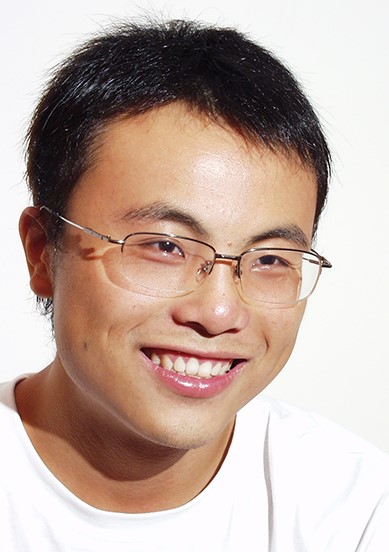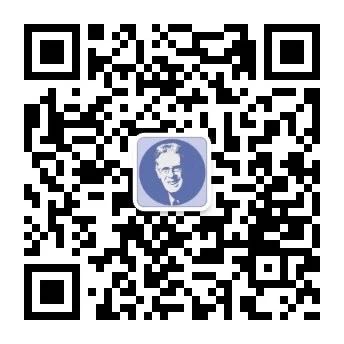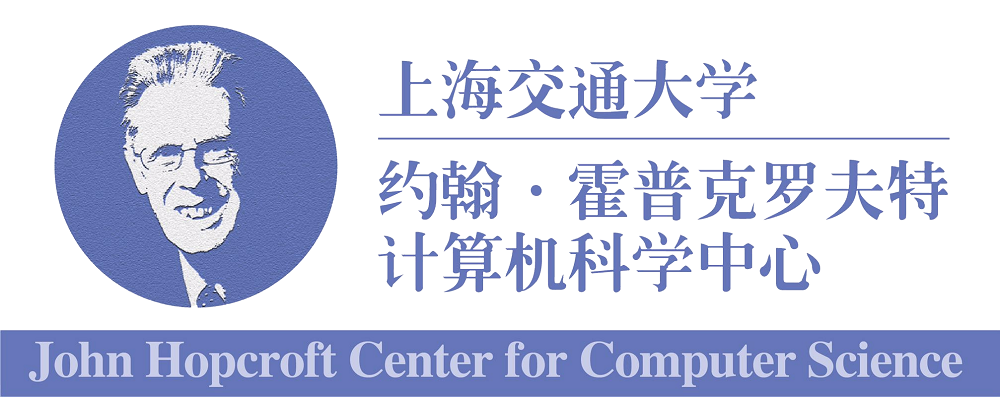Geometric approach to dynamically-corrected single qubit gate
Speaker
Xiu-Hao Deng, SUSTech

Time
2019-09-23 14:00:00 ~ 2019-09-23 15:30:00
Location
Room 1319, Software Expert Building
Host
Nana Liu, Assistant Professor, John Hopcroft Center for Computer Science
Abstract
It is almost impossible for solid state qubits such as superconducting qubit to be physically decoupled to noisy environment, which generates errors to quantum gate on such systems. Here we propose dynamically-corrected single qubit gate by applying smooth pulses solved with geometric approaches. For noises in perturbative regime we used geometric parameters in 2+1D Minkovski space to obtain general solution for dynamically-corrected gates against dephasing. Our approach could also give solutions approaching quantum speed limit. Noises in non-perturbative could come from strong cross talk between transmon qubits or strong coupling between transmon and TLS. Traditional methods of single qubit gates bypass the issue reducing crosstalk. This could be done by either far-detuned qubits or reducing the coupling strength. The idea was to remain each physical qubit as isolated system. But this doesn't just slow down the entangling gates and gate sequence, but also leave the coherent errors accumulating through out the gate sequences. To resolve such issue, we present another geometric parametrization method to obtain single qubit gate pulses. Crosstalk is built into the design of two-qubit and single-qubit gates. Making use of crosstalk, we are able to speed up the gates to quantum speed limit while keeping the gate fidelity above 99%. Also, the gate sequence could be shorten a lot by eliminating idle time among single qubit gates, which means sequential quantum gate pulses could be applied one after another without waiting. This method could be also used to improve single qubit operations in the presence of a strongly coupled TLS.
Bio
Xiu-Hao graduated from USTC in 2005 with a B.S. in theoretical physics and stayed in USTC for graduate school. He went to University of California, Merced (UCM) for Ph.D. in 2009 to study superconducting qubits and quantum optics. Before joining SUSTech, he worked in UCM and then in Virginia Tech as a postdoc to do research on quantum control. He is now an associate researcher in Institute of Quantum Science and Engineering, SUSTech and in Center for Quantum Computing, Peng Cheng Lab. His current research focus on quantum control, superconducting circuit and quantum simulation.

